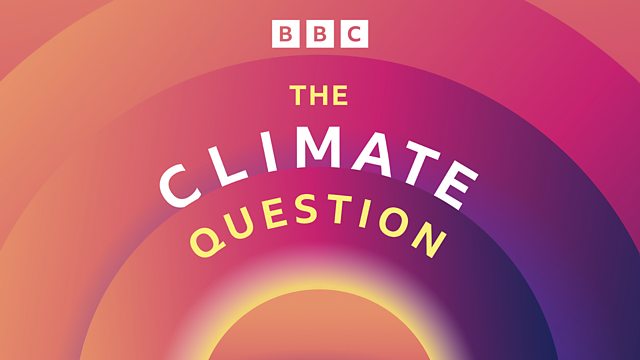What does 'net zero' really mean?
Many politicians are using the term net zero when talking about climate change, but what does it mean?
When talking about climate change, the term net zero has become popular with politicians over the last few years.
More than 130 countries have now pledged to go net zero to help slow global warming.
Reaching net zero means reducing the amount of emissions as much as possible and removing any that remain from the atmosphere.
We hear from communities in South Africa, where the government plans to reach net zero by 2050. But the country is heavily tied to coal and faces several challenges around employment and energy security.
And while politicians make their net zero announcements, the United Nations projects that emissions will continue to rise even with the current pledges politicians have announced.
What does net zero mean and could it help climate change?
Presenters Jordan Dunbar and Kate Lamble are joined by:
Dr Mahmoud Mohieldin, UN climate change high-level champion for Egypt
Lola Vallejo, climate programme director at the IDDRI
Dr Benny Peiser, director of the Global Warming Policy Forum
Clarification: this programme includes a contribution from Dr Benny Peiser, director of the Global Warming Policy Forum. Within the programme, we should have also said that the Forum questions climate change science and the cost of policies to tackle it.
Reporter: Zinhle Kanyane
Researcher: Natasha Fernandes
Producer: Darin Graham
Series producer: Alex Lewis
Editor: Nicola Addyman
Sound engineer: Tom Brignell
Production coordinators: Siobhan Reed and Sophie Hill
Last on
Broadcasts
- Mon 25 Apr 2022 01:32GMT大象传媒 World Service
- Mon 25 Apr 2022 12:32GMT大象传媒 World Service East and Southern Africa, South Asia, West and Central Africa & East Asia only
- Mon 25 Apr 2022 19:06GMT大象传媒 World Service except East and Southern Africa & West and Central Africa
Podcast
-
![]()
The Climate Question
Why we find it so hard to save our own planet, and how we might change that.


